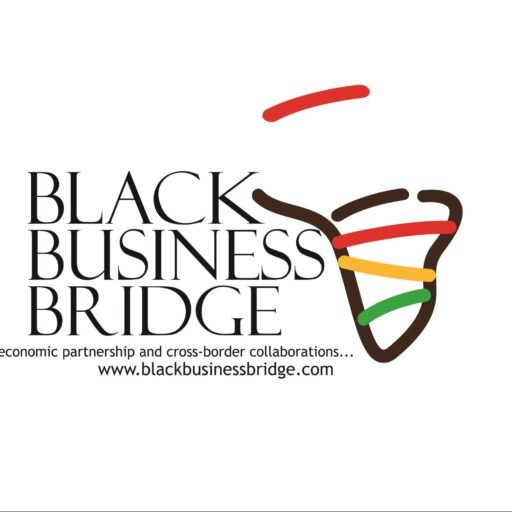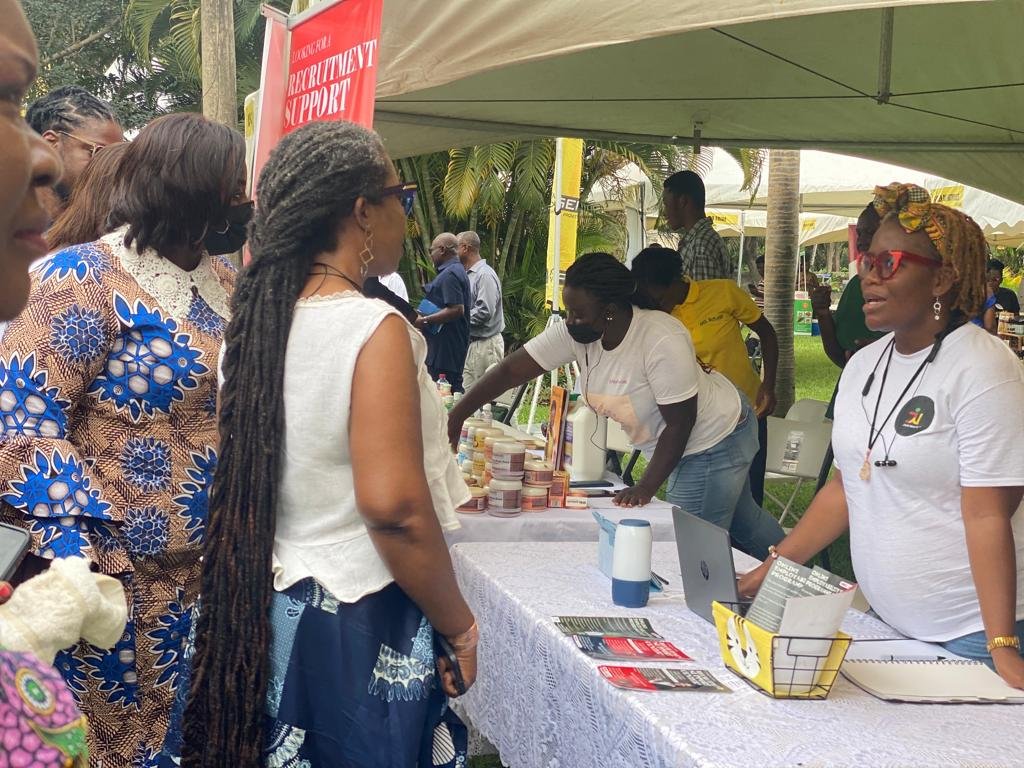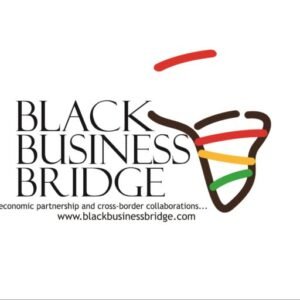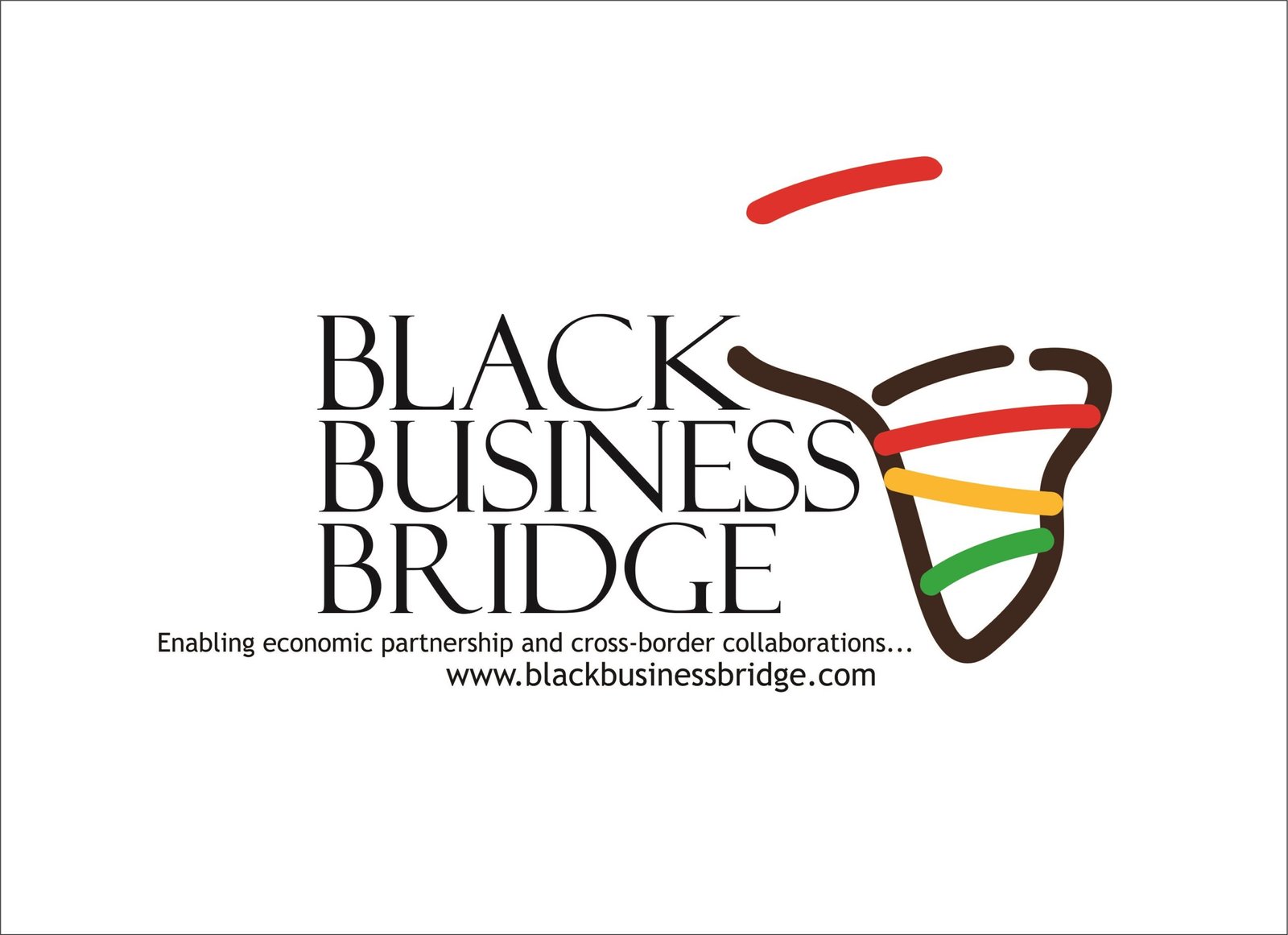
Corporate Services to Support Your Business in Ghana.
Starting a business can be complex, but with the right support, it becomes a clear and structured process. As a trusted corporate service provider, we help both local entrepreneurs and foreign investors simplify their business setup in Ghana.
Our experienced team includes professionals well-versed in Ghanaian corporate law and registered with key regulatory bodies such as the Registrar General’s Department (RGD) and the Ghana Investment Promotion Centre (GIPC). With over a decade of experience, we ensure your business is built on a strong, compliant foundation aligned with Ghana’s legal and regulatory environment.
Whether you're launching a startup or expanding into Ghana, proper business setup goes beyond paperwork. It requires selecting the right legal structure, securing a local business address, appointing qualified directors (including a resident director where required), and preparing documentation tailored to your business activity.
Through our virtual company secretarial services, we manage the entire setup process from document preparation and director appointments to regulatory filings so your business can become operational quickly and correctly.









- Our Business Setup Services
Planning to start a business in Ghana? A successful launch begins with smart preparation and clear goals. Use this checklist to guide your journey:
>> Choose the right business structure (Sole Proprietorship, Partnership, Private Company Limited by Shares, or Representative Office)
>> Evaluate market demand, competition, and your business model’s growth potential in Ghana
>> Estimate startup costs, explore funding options (including local grants or GIPC incentives), and forecast cash flow
>> Review corporate tax obligations and explore eligible incentives (e.g., through GIPC or Free Zones Board)
>> Plan internal operations, staffing needs, and resource allocation
>> Identify potential risks (regulatory, operational, or financial) and prepare mitigation strategies
>> Consider long-term scalability and opportunities for regional expansion in West Africa
>> Define your ideal customer profile and develop a go-to-market strategy
>> Understand sector-specific regulations and licensing requirements (e.g., from FDA, NCA, or PUC)
Corporate Secretarial Services
We provide comprehensive secretarial support to ensure your Ghanaian entity remains compliant and well-governed:
>> Appointment of a qualified Company Secretary (as required under the Companies Act, 2019 – Act 992)
>> Automated reminders for Annual Returns and statutory filing deadlines
>> Secure custody of statutory records, company seal, and constitutional documents
>> Acting as your Registered Filing Agent with the Registrar General’s Department
>> Preparation of minutes and resolutions for board and shareholder meetings
>> Advisory on corporate governance in line with Ghana’s Companies Act, 2019 and your company’s Articles of Incorporation
>> Maintenance and timely updates of statutory registers (members, directors, charges, etc.)
>> Filing of Annual Returns and other statutory documents with the RGD
Corporate Bank Account Opening
Opening a business bank account in Ghana can be streamlined with expert guidance:
- Assistance with opening a corporate bank account with leading Ghanaian banks (e.g., GCB, Stanbic, Ecobank, First National Bank, Absa Bank, Fidelity)
- Guidance on using digital signatures and certified copies to reduce physical paperwork
- Support through the bank’s due diligence process, typically completed within 2–4 weeks (subject to documentation and approvals)
- Access to accounts with low initial deposit and flexible balance requirements
- Fully remote onboarding where permitted, including virtual verification and digital document submission
- Transparent fee structure with no hidden charges
Note: Most banks require at least one director or signatory to be physically present in Ghana for account activation, though some institutions offer remote onboarding for foreign-owned entities under specific conditions.
Work & Residence Permit Support
For foreign founders and employees, we assist with Ghana’s immigration and employment compliance:
- Registration with the Ghana Immigration Service (GIS) and Social Security and National Insurance Trust (SSNIT)
- Support in obtaining Tax Identification Numbers (TIN) and SSNIT registration mandatory for work permit processing
- Advising on eligibility for Business Entry Visas, Work Permits, Residence Permits, and Dependant’s Passes
- Guidance on compliance with the Ghana Investment Promotion Centre (GIPC) requirements for foreign-owned businesses
- Assistance with preparing and submitting applications to GIS and relevant ministries
ASPECT
- Long-Term Efficiency & Cost Savings
- Compliance & Accuracy
- End-to-End Support
- Peace of Mind for First-Time Founders
REGISTRATING WITH BBB
- Our team has deep expertise in Ghana’s business setup laws and procedures. This ensures a smooth, compliant process, helping you avoid delays, rework, or penalties, resulting in long-term savings.
- All filings and documentation are managed by professionals who ensure full alignment with Ghana’s Companies Act, tax laws, and sector regulations.
- BBB provides integrated support from company registration and bank account setup to secretarial services, tax registration, and immigration assistance all under one roof.
- Focus on building your business while we handle the legal and administrative complexities. Gain confidence knowing your entity is set up correctly from day one.
REGISTERING INDEPENDENTLY
- Requires significant time to navigate RGD, GIPC, SSNIT, and sector-specific regulators. Inexperience may lead to errors, fines, or operational delays.
- Higher risk of non-compliance due to evolving regulatory requirements and complex inter-agency coordination.
- You must coordinate multiple agencies independently (RGD, GRA, SSNIT, GIS, sector regulators), which can be overwhelming especially for first-time founders.
- Navigating Ghana’s business ecosystem alone can be stressful and time-consuming, particularly for foreign investors unfamiliar with local processes.
Types of Business Structures in Ghana
Our platform serves as a Resource To-Go Center, starting from Accra - Cape Coast.
1. Sole Proprietorship
>>
A business owned and operated by one individual. It is the simplest and most affordable structure to register, with minimal regulatory obligations. The owner retains full control and profits but bears unlimited personal liability for all business debts.
2. Partnership
>>
Formed by two or more individuals who agree to share in the profits, losses, and management of a business. Partnerships are relatively easy to establish but unless structured as a Limited Liability Partnership (LLP) partners typically face joint and several liability.
3. Private Company Limited by Shares
>>
The most common structure for serious ventures and foreign investors. Offers limited liability protection, separate legal personality, ease of raising capital, and greater credibility with banks, clients, and regulators. Governed by the Companies Act, 2019 (Act 992).
4. Representative Office / Branch of a Foreign Company
>>
A non-independent extension of a foreign parent company, permitted to conduct market research or liaison activities but not allowed to engage in profit-making operations without full local incorporation. Requires registration with the Registrar General’s Department and, in many cases, GIPC approval.
Steps to Set Up Your Company in Ghana
Here’s a streamlined overview of the company registration process:
1. Reserve Your Company Name
- Submit 1–3 proposed names to the Registrar General’s Department (RGD) for approval.
4. Define Financial Year-End
- Set your accounting reference date for tax and reporting purposes.
7. Prepare Constitutional Documents
- Draft the Articles of Incorporation (formerly Memorandum & Articles of Association), outlining governance rules.
2. Choose the Right Business Structure
- Decide between Sole Proprietorship, Partnership, Private Limited Company, or Representative Office.
5. Determine Share Capital
- Declare your authorized and issued share capital (minimum of GHS 1 for private companies).
8. Submit Registration Documents
- File your application electronically via the RGD’s online portal or through an accredited agent.
3. Appoint Directors, Secretary, and Shareholders
- A private company must have at least one director (who must be ordinarily resident in Ghana) and one shareholder. A qualified Company Secretary is also required.
6. Establish a Registered Office
- Provide a physical business address in Ghana (P.O. Boxes are not accepted).
9. Receive Your Certificate of Incorporation
- Once approved, you’ll receive your official Certificate of Incorporation and Business Registration Certificate—confirming your legal status in Ghana.
What You Need to Prepare Before Setting Up a Business in Ghana.
To begin your registration, please prepare the following:
- Proof of a registered business address in Ghana (utility bill or lease agreement)
- Signed consent forms from directors and shareholders accepting their appointments
- For foreign investors: GIPC application form (if applicable) and evidence of capital importation
- Valid identification documents for all directors and shareholders (passport or national ID)
- Draft Articles of Incorporation (we can prepare this for you)
- A clear description of business activities and corresponding Ghana Statistical Service (GSS) industry code
- Details of initial share capital and share allocation

Why Choose BBB?
✅ Trust: Independent, credible pre-vetting process investors can rely on.
✅ Market Access: Connect SMEs to malls, factories, and global buyers.
✅ Risk Reduction: Save investors time and money by filtering opportunities.
✅ Pan-African Reach: Active presence in Ghana, Nigeria, and South Africa.
✅ Global Connection: Gateway for North American, European, and Asian companies expanding into Africa.
Impact & Community
We are more than a platform, we are a movement of business excellence.
- Empowering 10,000+ SMEs with tools for growth by 2027
- Building bridges between diaspora investors and African opportunities
- Driving job creation, industrial growth, and sustainable trade
For SMEs →
Get certified. Earn investor trust. Access bigger markets.
For Investors →
Discover vetted opportunities. Invest with confidence.
For Corporates →
Secure reliable vendors and partners across Africa.


